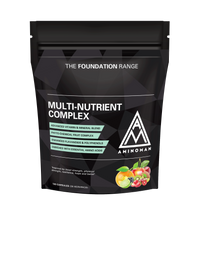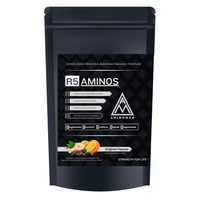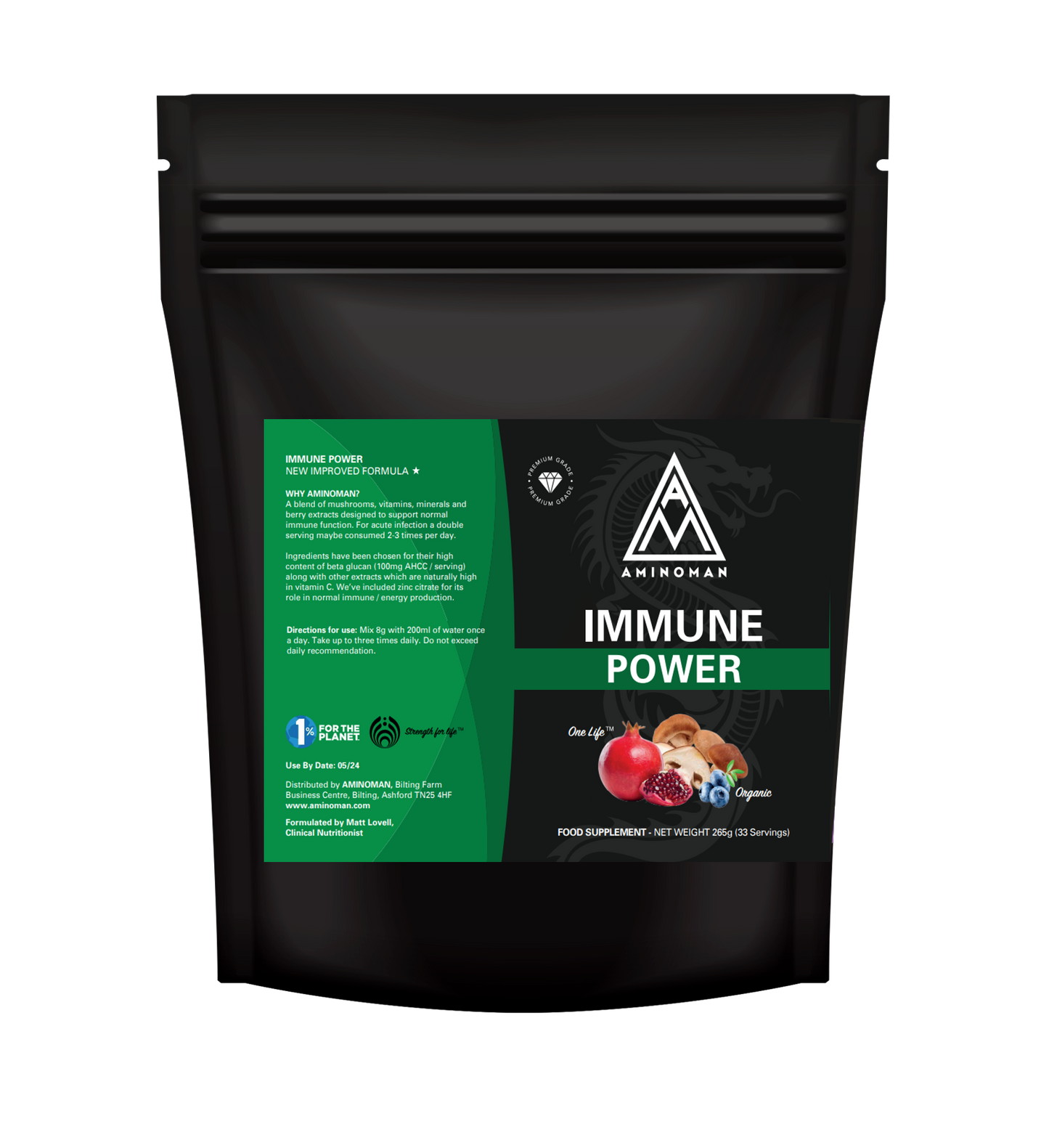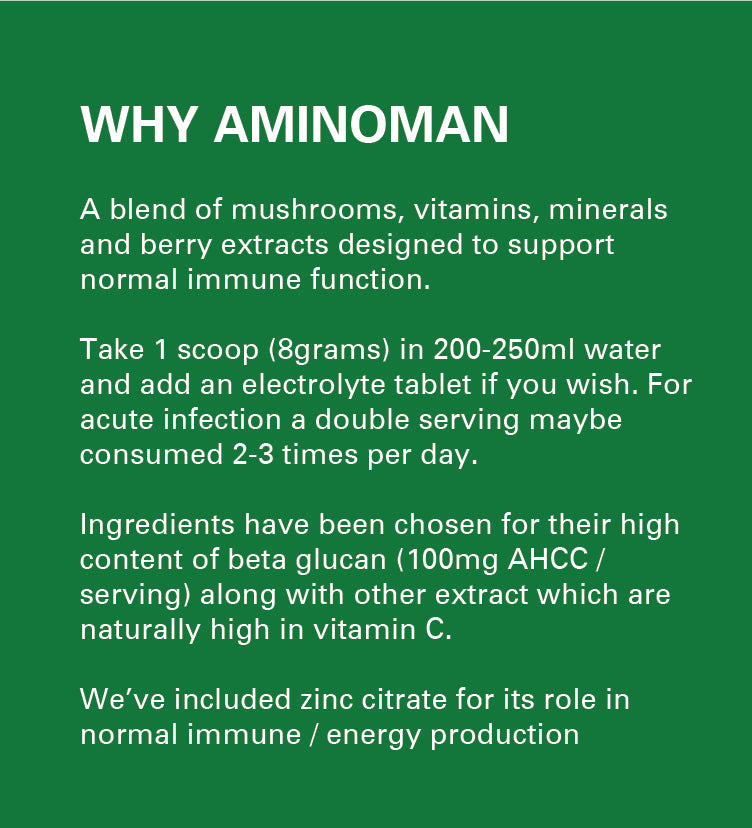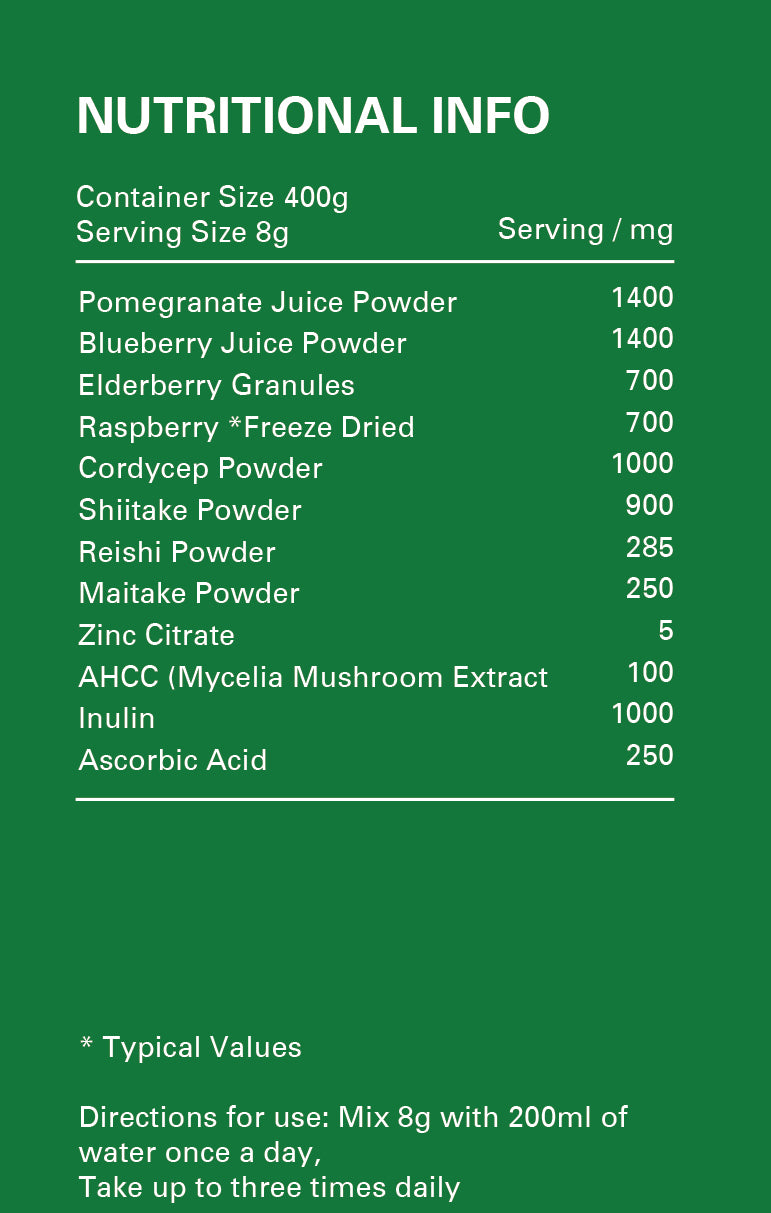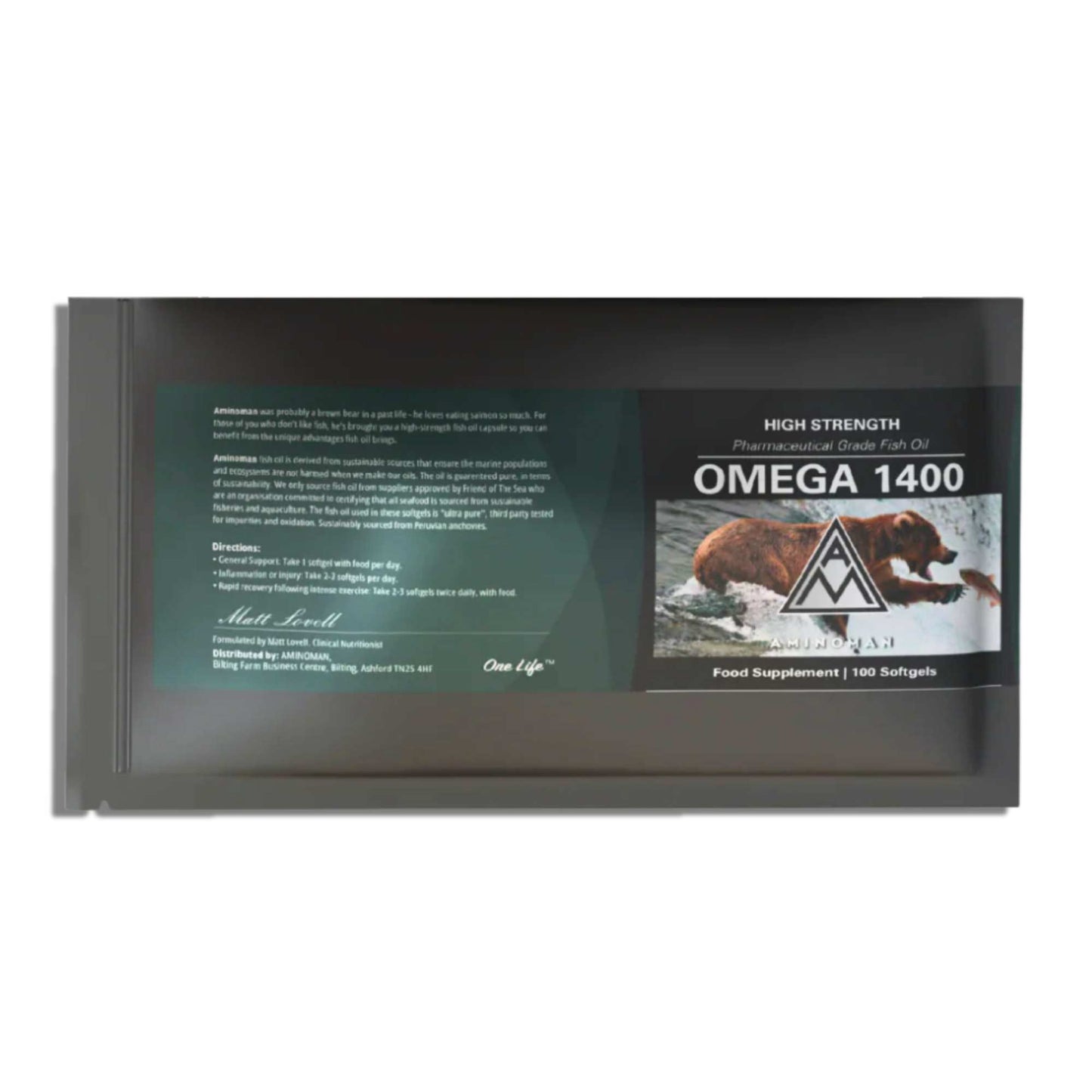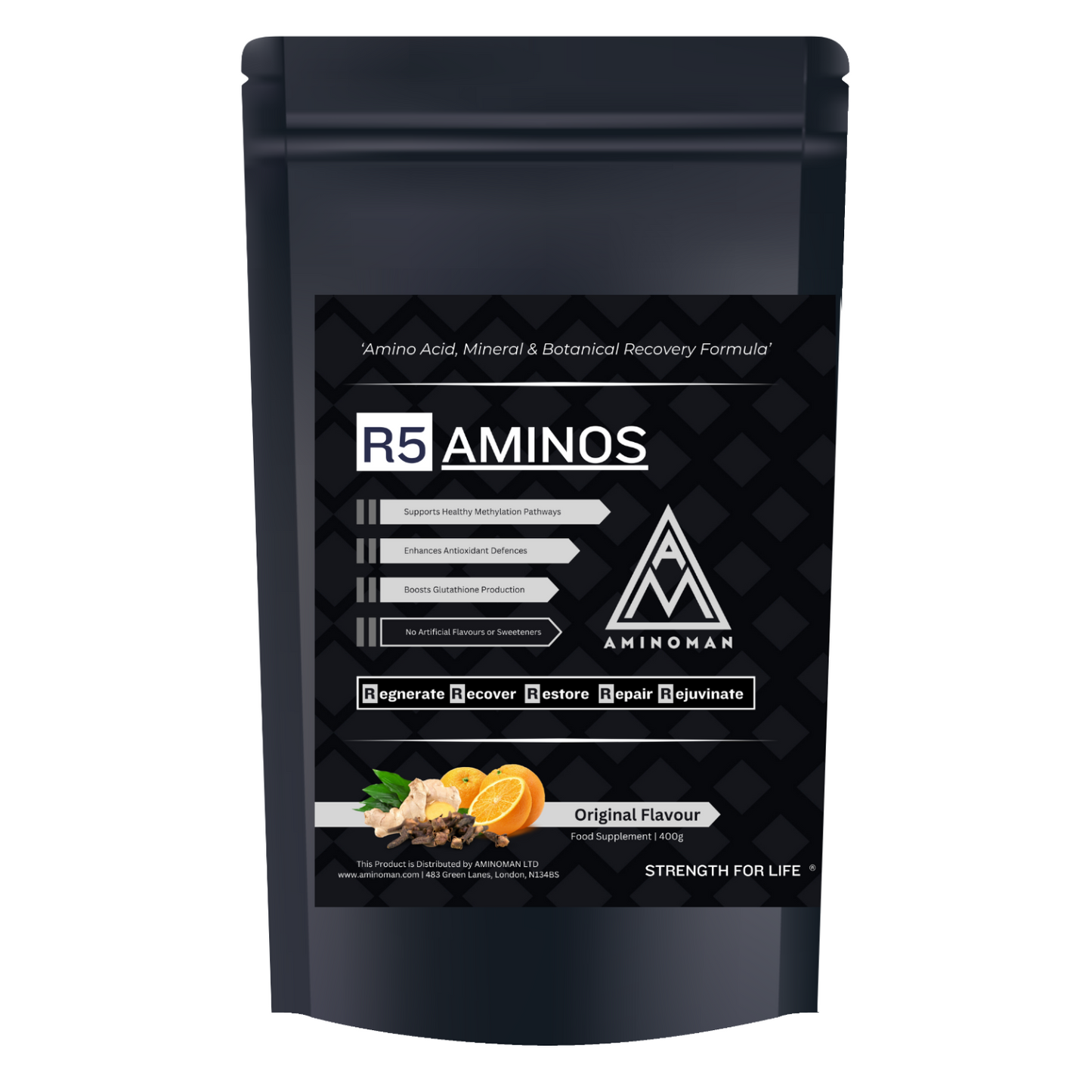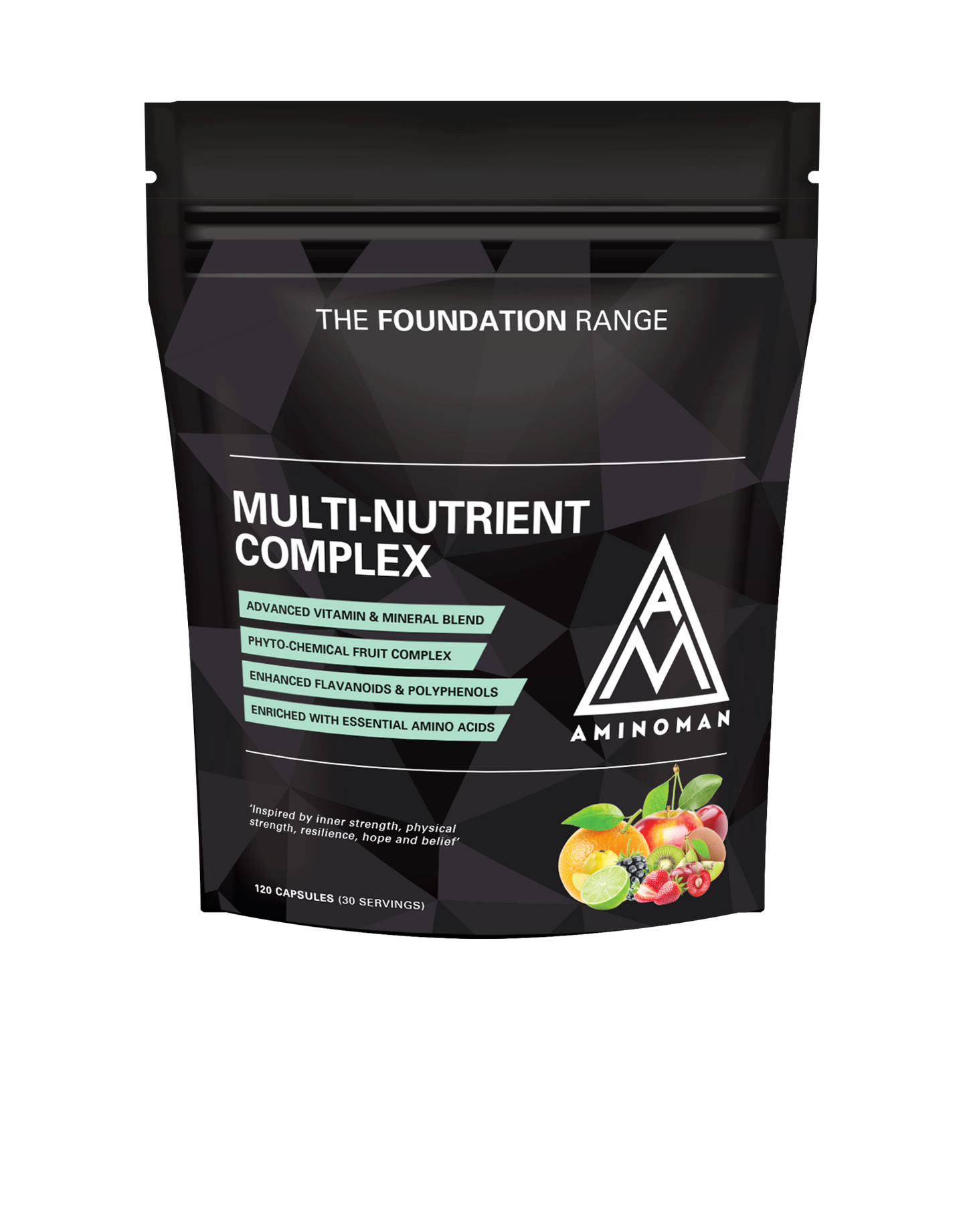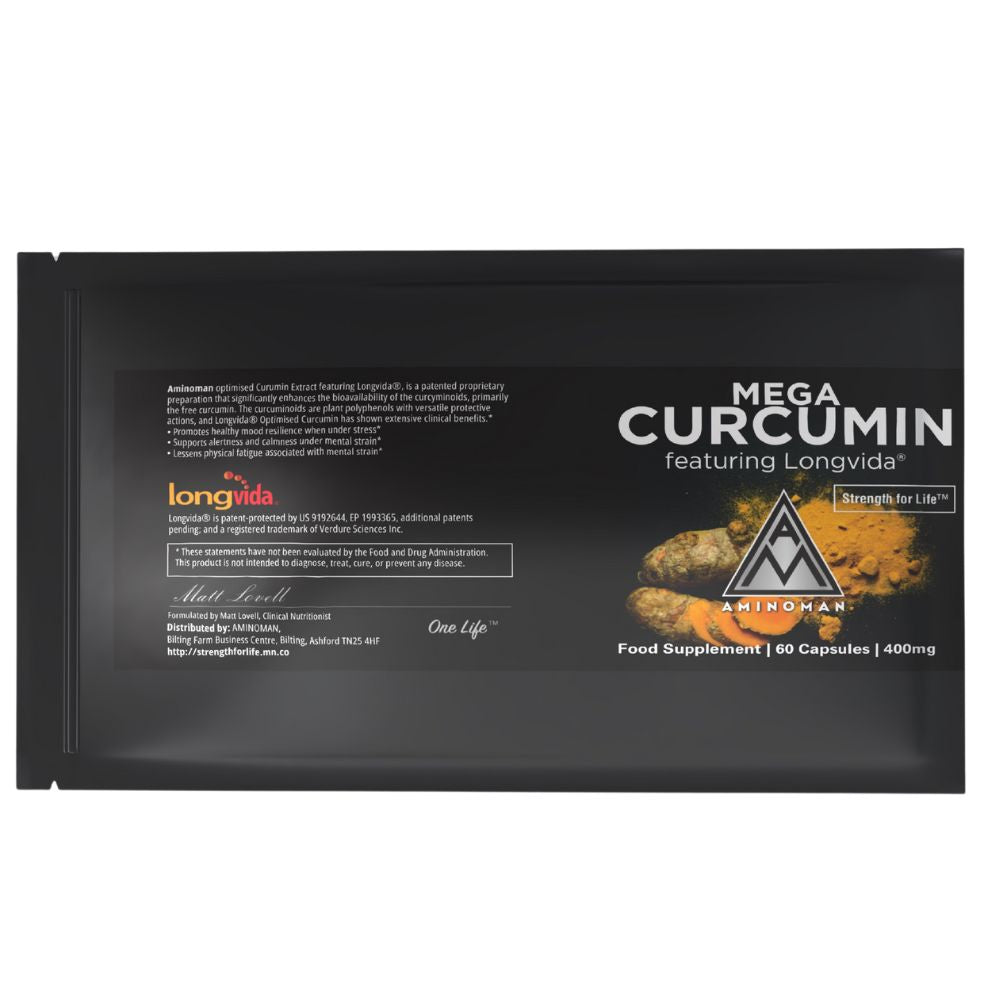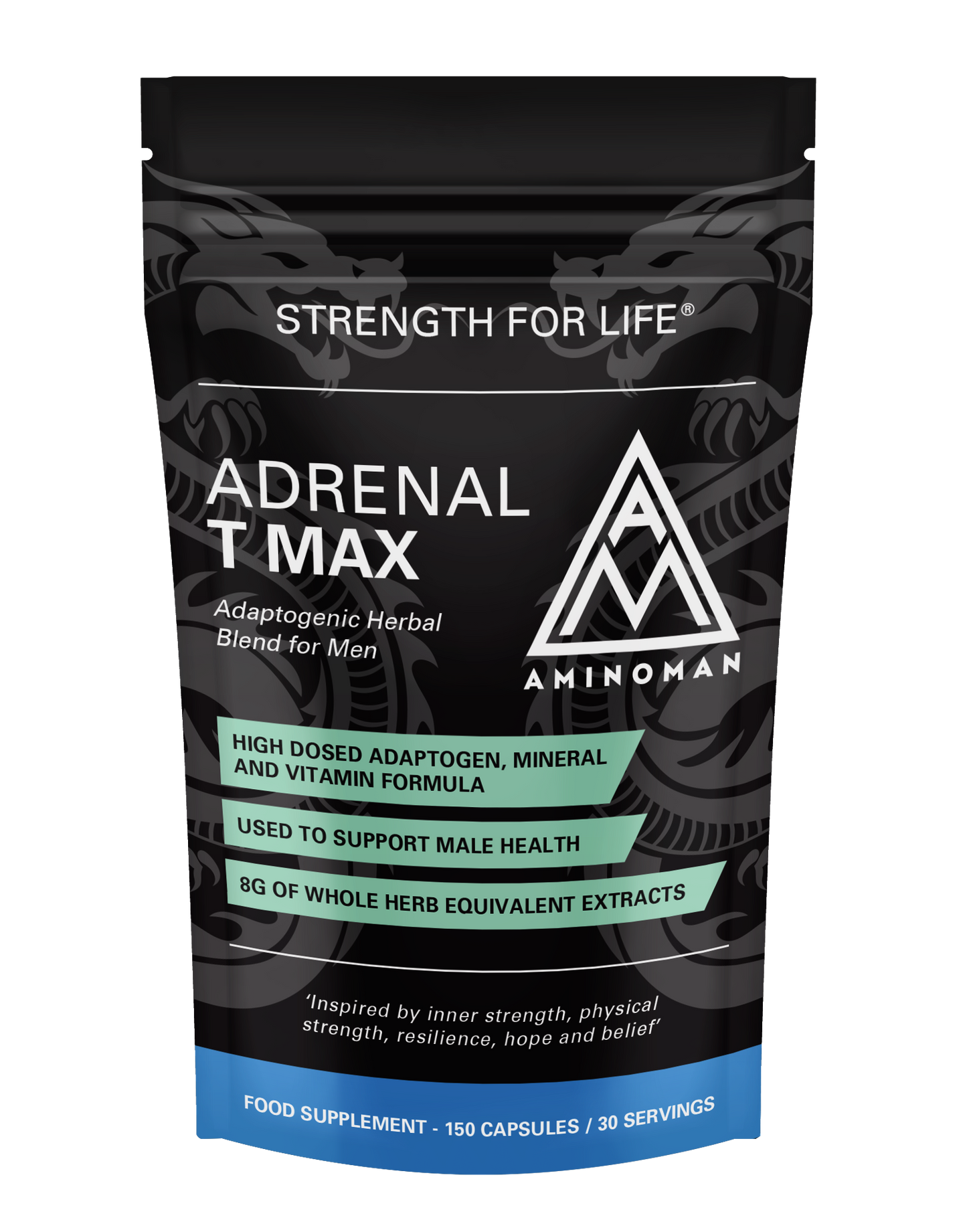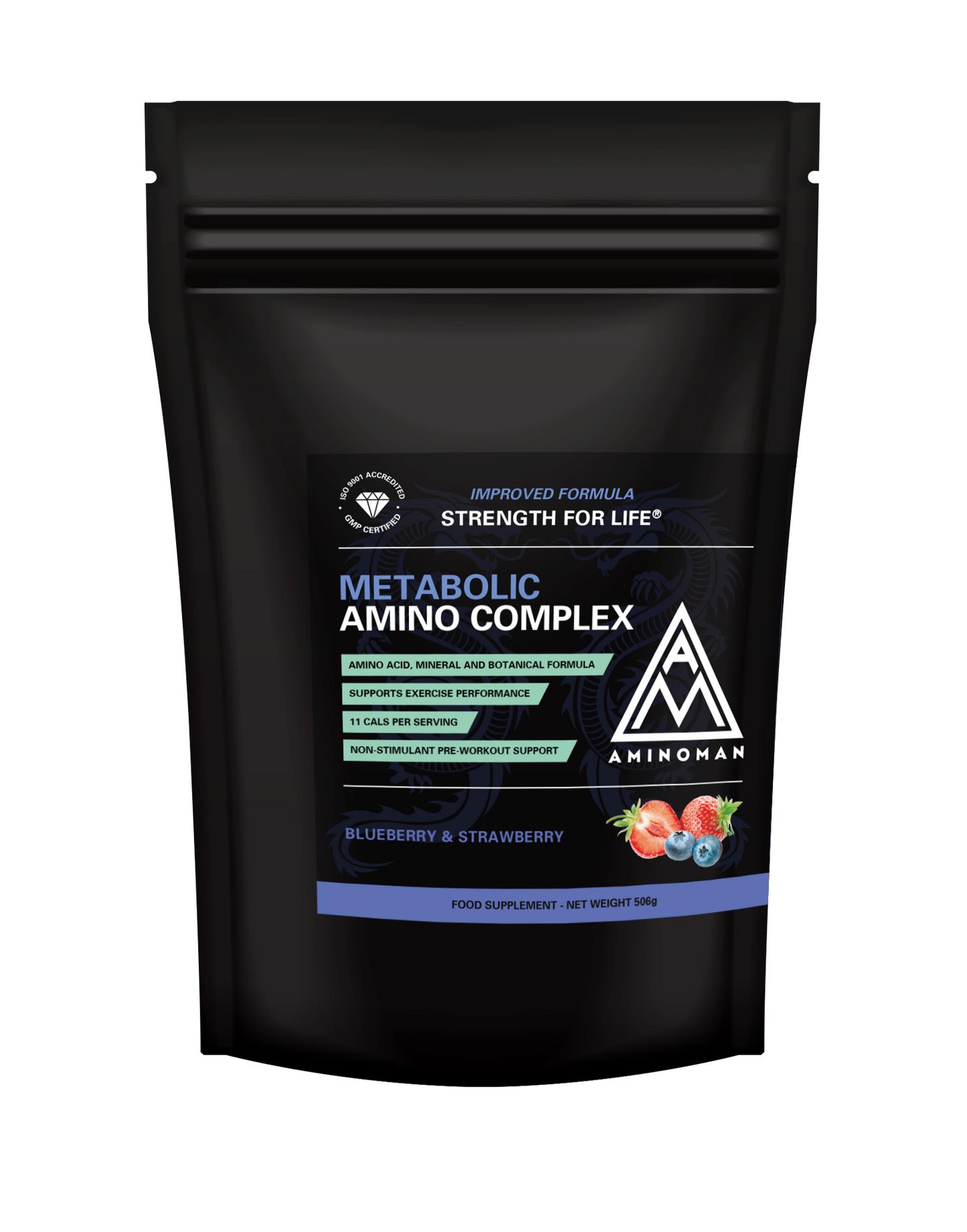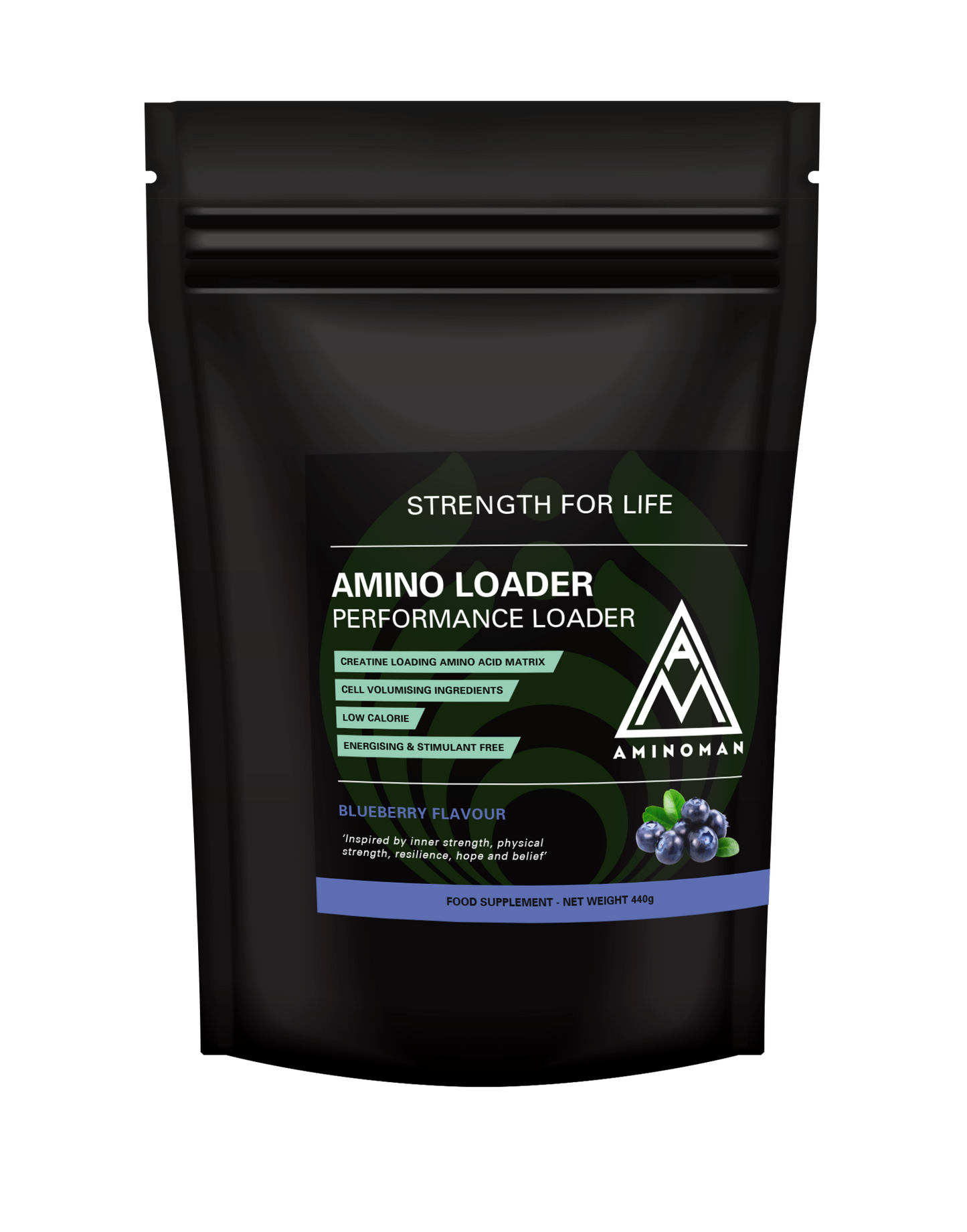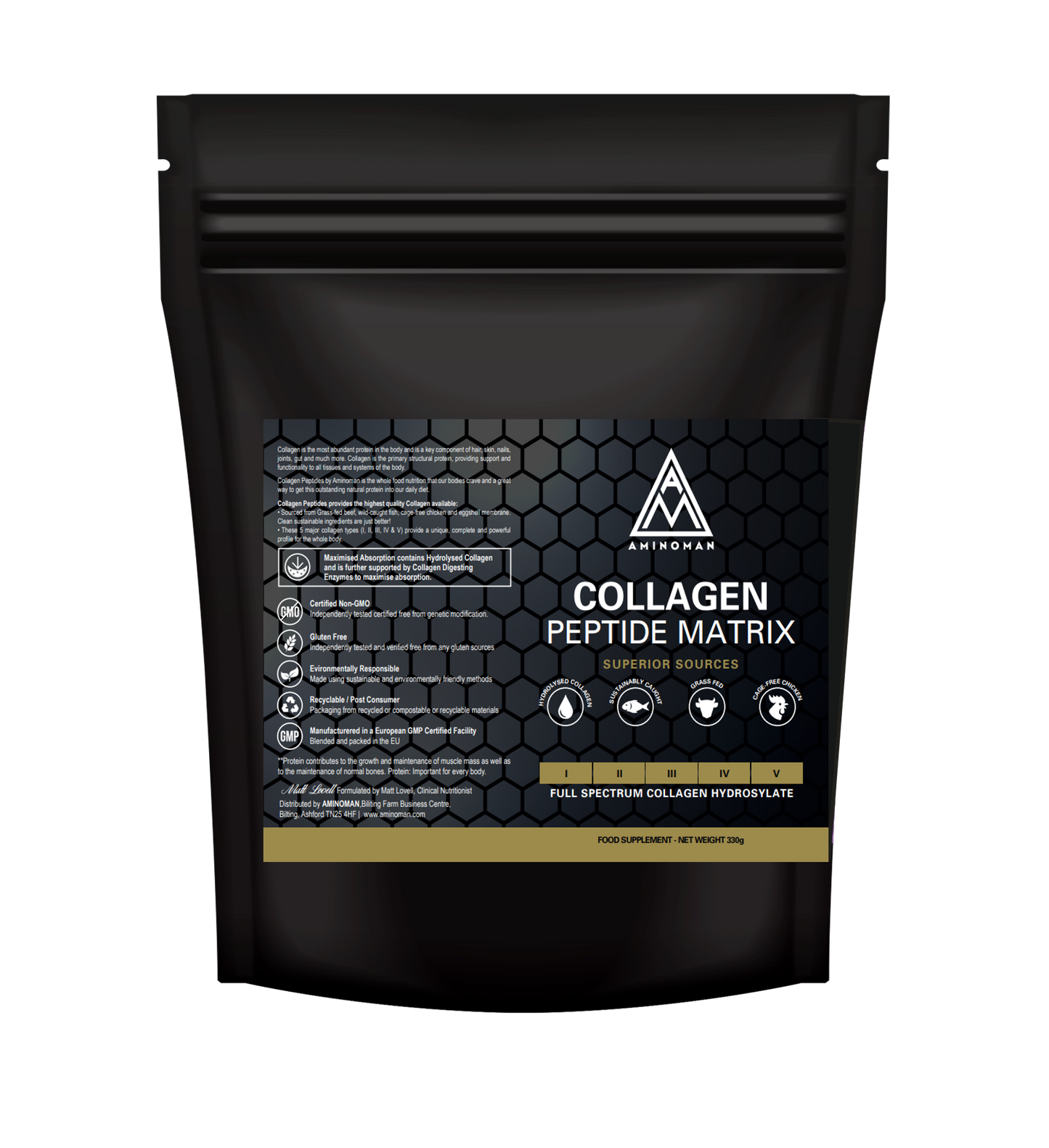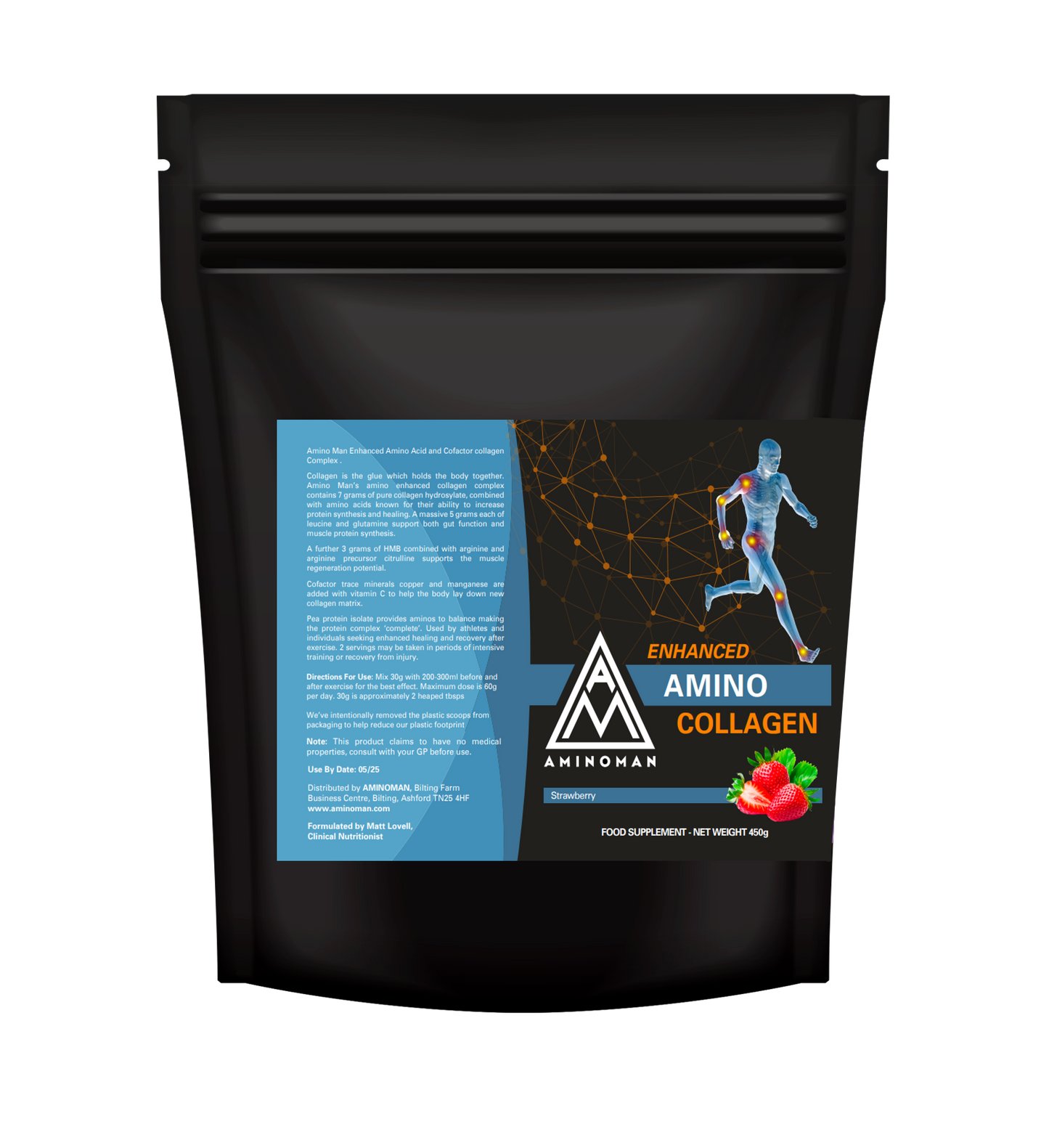Trusted by Professional Athletes & Sports Teams Worldwide
Our supplements are formulated by experts, trusted by sports scientists, and used by athletes from The FA, Team GB, Premier League clubs, and international sports teams.
The same performance nutrition protocols that fuel elite athletes are now trusted by busy executives, active individuals, and healthy families to achieve their peak potential.
ABOUT Immune Power Formula
Amino Man Immune Power is a scientifically formulated blend of medicinal mushrooms, berries, fibres, vitamins, and minerals designed to support immune resilience and recovery. Rich in beta-glucans, polyphenols, and vitamin C, this formula helps strengthen the body’s first line of defence while also providing antioxidant and anti-inflammatory support.
Each scoop delivers a comprehensive mix of pomegranate, blueberry, elderberry, and raspberry powders, combined with four powerful mushrooms: Cordyceps, Shiitake, Maitake, and Reishi. These ingredients are widely recognised for their immune-modulating properties, helping stimulate natural killer (NK) cells and supporting the adaptive immune response.
Enhanced with AHCC® mushroom extract, inulin prebiotic fibre, zinc citrate, and vitamin C, Immune Power not only helps your immune system stay strong but also promotes gut health and recovery after physical stress.
Trusted by elite sports teams, premiership football clubs, and families worldwide, this formula is used year-round and especially during the winter months for daily immune support.




